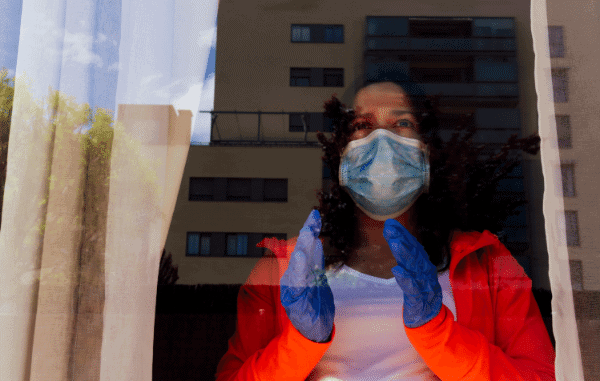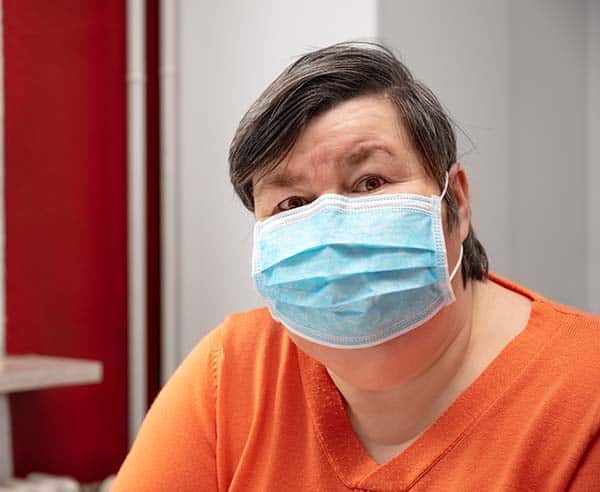Reflection and Knowing Your “Why”

“Life is a reflection of what we allow ourselves to see.”
There are times in one’s life where there is a need to spend some concentrated time just reflecting … on the memories of the past, the realities of the present and the opportunities of the future. These moments allow us to clear the noise and give our brain a much-needed rest. I find that these moments are especially critical in times of struggle and stress. As CEO of a large company, while time is a commodity, moments of reflection are a necessity.
We owe our staff the best of ourselves, the sharpest thinking and the best decisions; this comes from a rested, reflective mind. But, honestly, reflection is not always easy. This may be why many leaders tend to shy away from it. Reflection requires us to slow down, exercise our curiosity and accept responsibility.
An article in the Harvard Business Review that I especially liked discussed the difficulty in reflection. “At its simplest, reflection is about careful thought. But the kind of reflection that is really valuable to leaders is more nuanced than that. The most useful reflection involves the conscious consideration and analysis of beliefs and actions for the purpose of learning. Reflection gives the brain an opportunity to pause amidst the chaos, untangle and sort through observations and experiences, consider multiple possible interpretations, and create meaning. This meaning becomes learning, which can then inform future mindsets and actions. For leaders, this “meaning making’ is crucial to their ongoing growth and development.”
The ability to pause amidst the chaos and untangle information is a critical skill of great leaders. Clay Scroggins’ Book “How to Lead in a World of Distraction” suggested a tip that as a leader I have found invaluable: Know your why: Why you do what you do, why you say what you say. Your why becomes the filter through which you can decide what you really want to focus on, the messages you really want to convey.
During this time in our country, there is much to reflect on, much to interpret, and much to learn. It is my hope that you, as leaders, hit the pause button and take the needed time to reflect and become better acquainted with your “why.”











